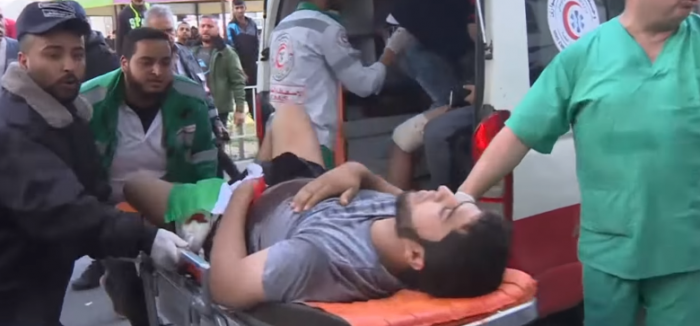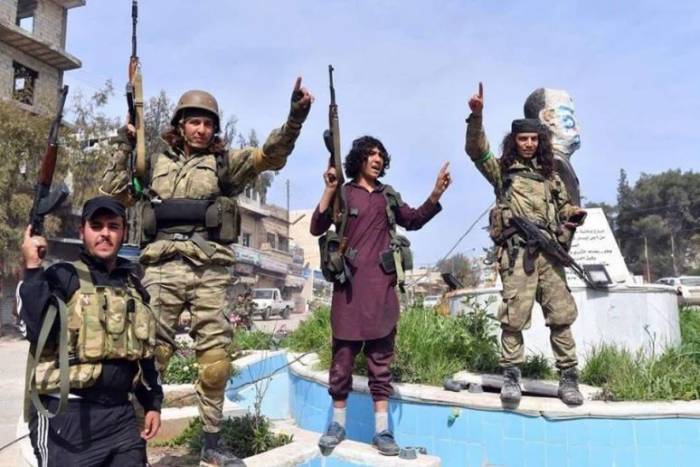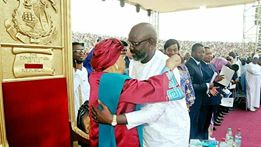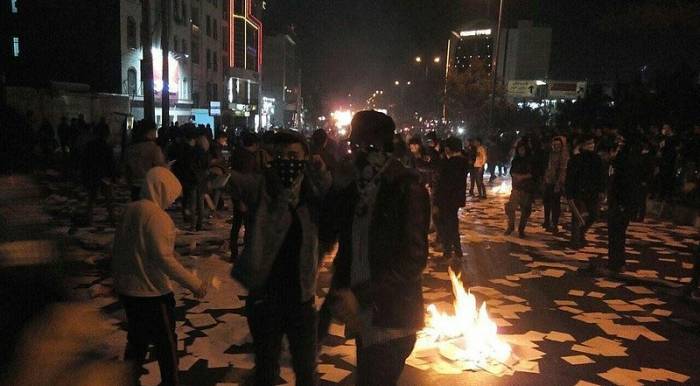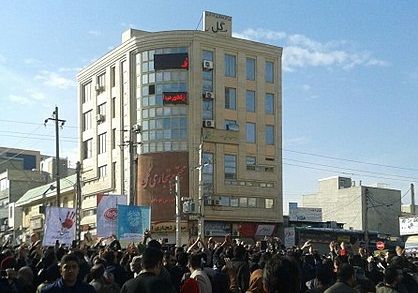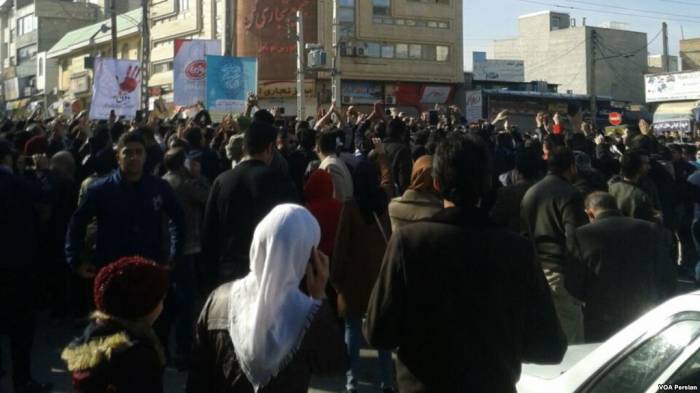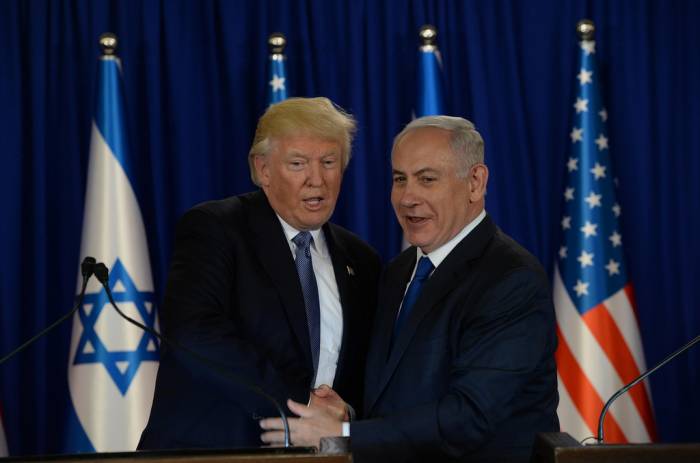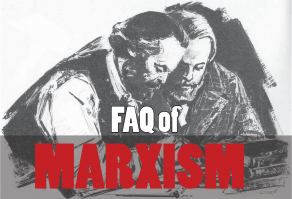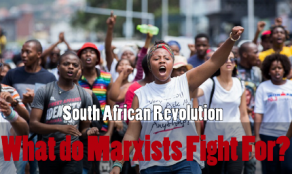Massacre on Gaza border reveals brutality of Israeli ruling class
While the attention of the international media is drawn to the threatened US airstrike on Syria, the Palestinian mobilisations for the right of return of refugees and the ruthless killing of demonstrators by the IDF (Israeli Defence Force) in the Gaza Strip continues.

